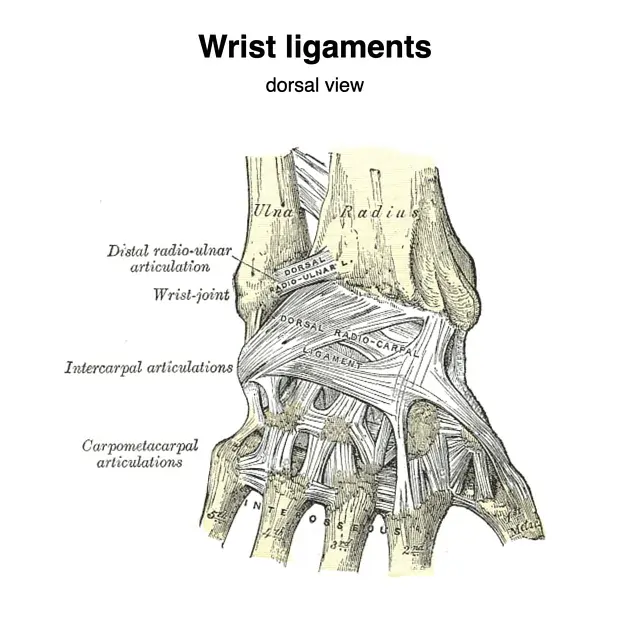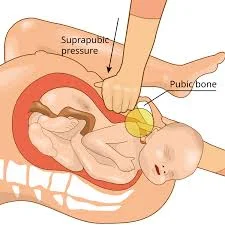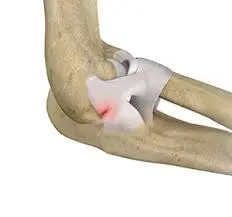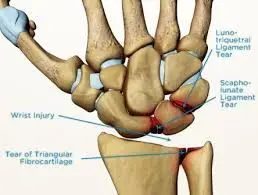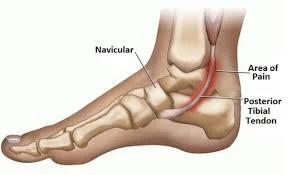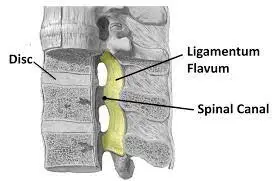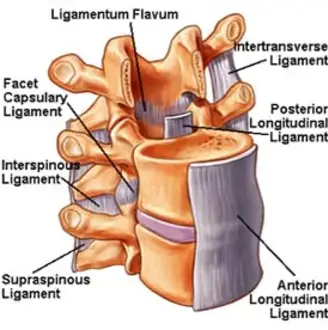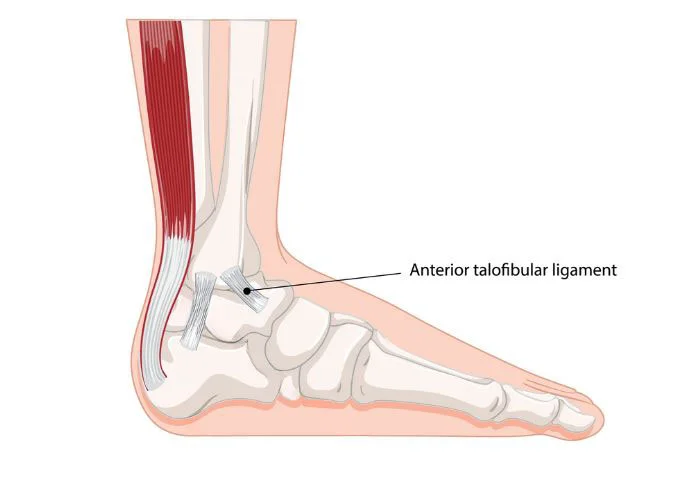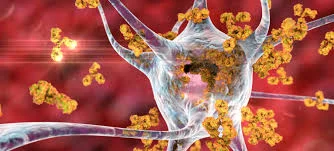Dorsal Radioulnar Ligament
Introduction The dorsal radioulnar ligament is one of the key stabilizing structures of the distal radioulnar joint (DRUJ), located at the wrist. It connects the distal ends of the radius and ulna on the dorsal (back) side of the forearm. This ligament plays a crucial role in maintaining joint stability during forearm rotation, such as…

